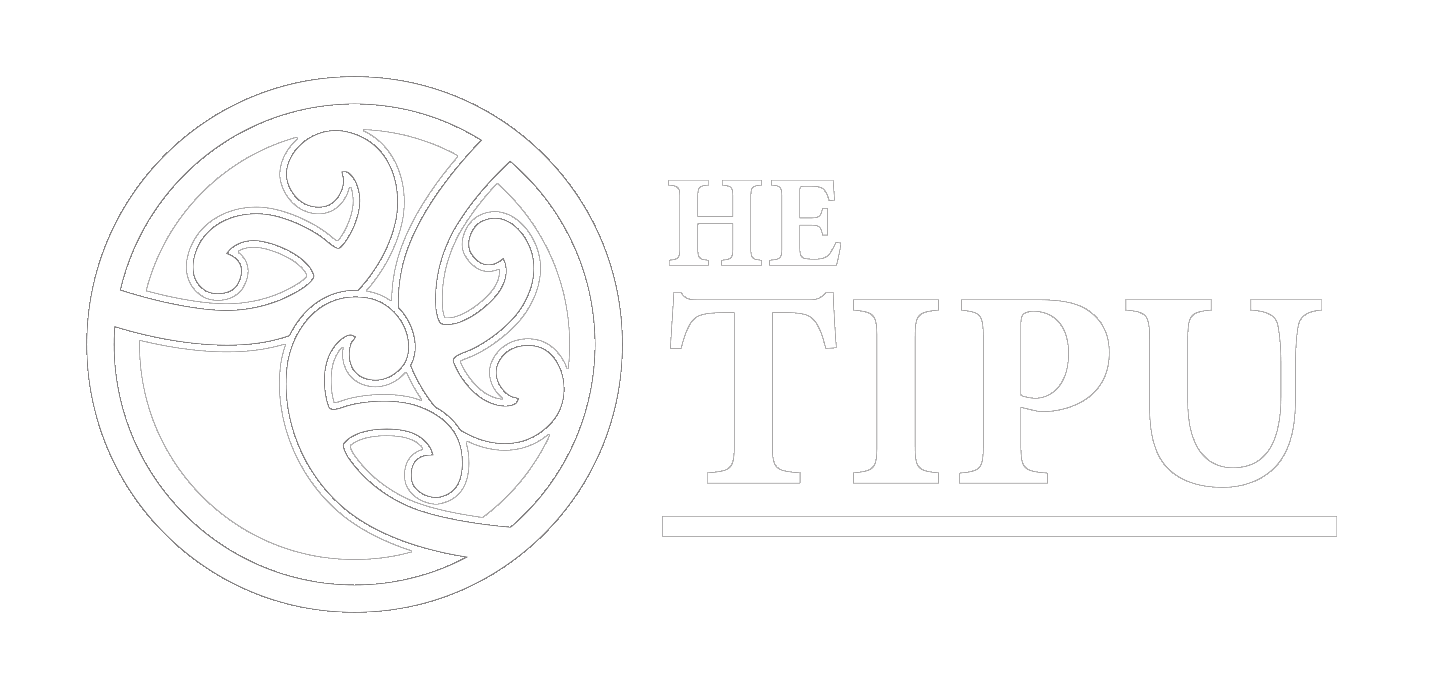
THE WHY OF PLANTING
RIPARIAN PLANTING:
-
This is the practice of planting specific species
around rivers, ponds, swales, streams, wetlands
and lakes. The purpose being to:
• Filter run off entering waterways.
• Shore stabilisers to reduce erosion.
• Provide habitat for native wildlife.
• Improve the health of waterway and its species.
• Lower water temperatures reducing algae growth.
REGENERATIVE PLANTING:
-
These projects are utilised in cases where a
landowner would like to return land to its natural state. The purpose of these projects being to:
• Stabilise an area of disturbed ground.
• Restore soil quality to the area.
• Provide habitat for native wildlife.
• Lower ground temperatures in an area.
RONGOA NGAHERE:
-
The creation of a Rongoa/Kai Forest is something that should be considered when you have any un-used land, or you are considering a regenerative project.
Combing the recloaking of land with the added benefits of growing a source of wellbeing is a great way to produce a harvest that does not require regular tending.
KAI GARDENS:
-
One of He Tipu’s main goals is to improve food security. The development of Maara Kai Gardens and Native food forests would help with the provision of good food for our whānau. But with this, also comes the need to share, teach and learn the knowledge and skills necessary to be able to harvest from both cultivated and naturally grown trees and plants. These are the aspirational services and products of He Tipu currently in development.
OUR SERVICES
FULL PROJECT MANAGEMENT
This service helps take your environmental goals and visions to a reality – plants, soil and trees that you can touch. Whether it is a riparian, revegetation of Rongoa Ngahere project you have in mind – we can help design, plan, organise, execute and monitor your project.
-
Assess your project requirements with He Tipu staff.
i. Project Period. 2 months’ notice required.
ii. Do you own the project land?
iii. Area size and location.
iv. The purpose of the project.
v. Maintenance Expectations.
vi. What are the safety requirements? -
He Tipu will develop a plan for your project.
i. Proposed plants and set out design.
ii. Quality control plan.
iii. Pest and protection factors.
iv. Outsourced contractors and consultants.
v. Council requirements (local or regional)
vi. Estimate budgets. -
He Ahi shall provide a written report at project completion.
i. Confirming quantities of plants.
ii. Labour hours.
iii. Maintenance requirements.
iv. Any issues encountered on the site. -
Develop a Maintenance plan.
i. By either client or He Tipu.





